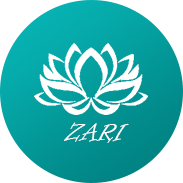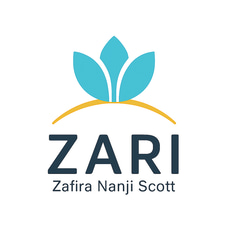
Disability & End-of-Life Doula Guidance
Culturally Reflective & Compassionate Guidance for Caregiving Journeys
Are you overwhelmed trying to figure out what’s best for an aging parent or sick relative? Are you facing pressure from family, struggling with the medical system, or feeling unsure about care options?
95% of care for the dying comes from friends and family.
This is hard. You don’t have to figure it out alone.
“If your compassion does not include yourself, it is incomplete.” — Buddha.
Every caregiving journey is different—complicated by culture, family expectations, financial constraints, and personal circumstances. For some, placing a loved one in care is a practical decision. For others, it’s an agonizing one. Maybe your parent wants to age at home, but you’re struggling to find resources. Maybe your loved one has no close family, and you don’t know what to do next. Maybe siblings disagree, and the weight of decision-making is falling on you alone.
It’s important to ask: What support do you have? Do you have family members who can help financially, physically, or emotionally? Are there community resources available? What is your own capacity—mentally, emotionally, and physically? Caregiving can be all-consuming, and too often, people take on everything without enough support. You don’t have to do this alone. I’m here to help.
Through my own experiences and years of supporting families, I help people like you navigate these decisions with realistic, compassionate guidance—ensuring your loved one’s needs are met while also recognizing your limits as a caregiver.
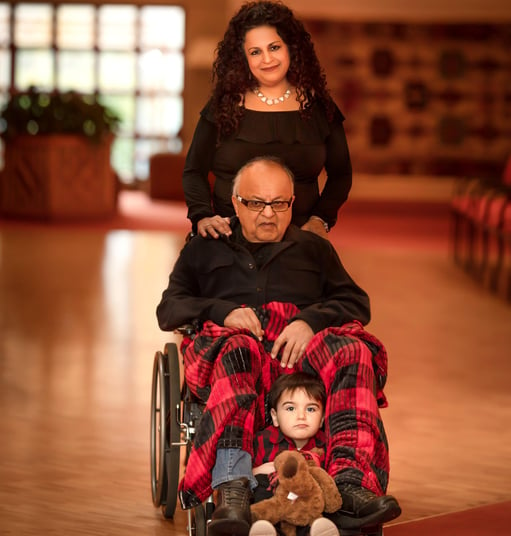

Disability & End-of-Life Doulas bridge the gap between medical care and emotional, spiritual, and practical needs.
Through the course of my life, I've lost more than 20 family members and close friends, including my brother, grandparents, and both parents. This has profoundly shaped my understanding of caregiving and death. As my father’s caregiver, I navigated advanced care planning, difficult medical decisions, and the emotional responsibility of ensuring his peaceful passing at home. As I sought support, each time, I found that my closest circle was grieving with me. I did not want to burden.
Now, I use my lived experience and 20+ years of professional expertise to support individuals and families through life’s final transition.


Disability Doula Services:
Understand care options – aging at home, assisted living, long-term care (nursing homes), or hospital-based care
Assess available support – identifying financial, family, and community resources
Navigate health authorities – advocating for services and ensuring your loved one’s needs are met
Apply for essential programs – CSIL (Community Support for Independant Living), home care, palliative care, and medical equipment support
Manage family dynamics – facilitating difficult conversations and bridging decision-making gaps
Plan for the future – including Medical Representation Agreements, advanced care planning, and ensuring legal/medical wishes are appropriately documented
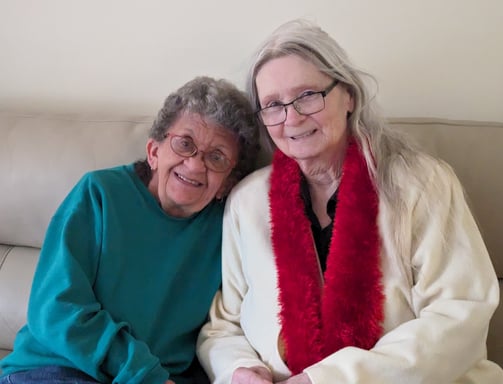

End-of-Life Doula (Thanadoula or Death Doula):
I work alongside families, hospice, palliative care teams, and healthcare providers.
I do:
Sit vigil with those who don’t want to die alone (yes, sometimes I am present when someone passes).
Guide families through advanced care planning and personal wishes.
Provide emotional and spiritual support tailored to cultural needs.
Assist with Medical Assistance in Dying (MAiD) discussions (not decisions).
Navigate Section 7 & Section 9 Representation Agreements for medical decision-making.
Help families honor grief, intergenerational loss, and cultural traditions.
I do not:
Provide medical care or pain management.
Replace hospice or palliative teams.
Make decisions for families or individuals
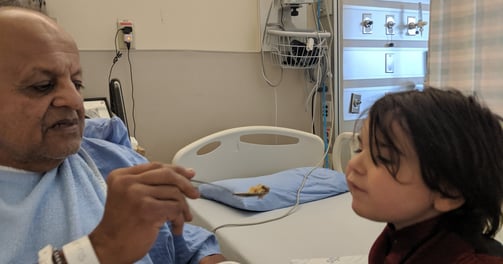

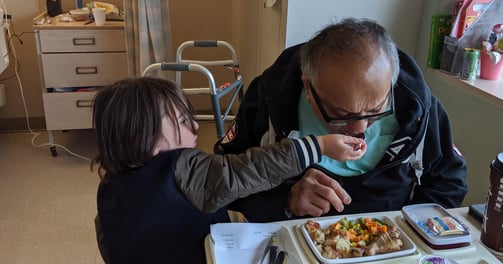

A Will or Power of Attorney (PoA) do not cover critical living decisions.
A Will only applies after death.
A Power of Attorney (PoA) covers financial decisions, not medical or personal care.
Medical Decision Planning:
Another critical consideration is medical decision-making. Who will advocate for you or your loved one if a medical crisis arises? What happens if the responsible person is unreachable, unable or unwilling? These choices can feel overwhelming, but having the right plans ensures decisions are made with intention, not urgency.
An Advance Care Plan ensures your medical wishes guide your loved ones when you are unable to speak while you are alive.
Section 7 Representation Agreements assign responsibility to someone you choose to cover routine personal and healthcare decisions.
Section 9 Representation Agreements allow broader medical decision-making, including MAiD, life support, and pain management.
Advanced Directives are legal documents, ensuring that your wishes are strictly honoured when unable to speak with limited/no input from others.
Planning before a crisis ensures control over your final journey.
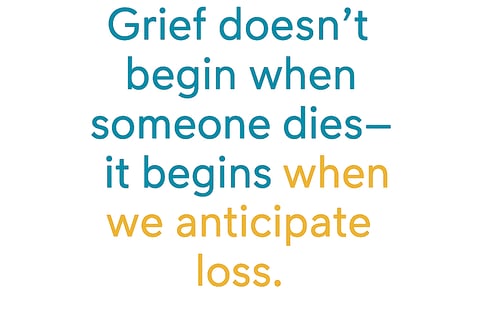

In a world that rushes forward, Grief asks us to slow down. To be present. To reflect on our lives and the legacies we leave behind.
But we often don’t know how.
I help families and individuals find this space—meeting them where they are at. There is no “right time” to start.
See More
© 2025. All rights reserved. Zari Insights
Accessibility Commitment
Reach Out
I am committed to making my work accessible. If you encounter any barriers or have suggestions for improvement, please don't hesitate to reach out. Your feedback is invaluable.
Land Acknowledgement
I live, learn, work and support others on the unceded traditional territories of the xʷməθkʷəy̓əm (Musqueam), Sḵwx̱wú7mesh (Squamish), and səlilwətaɬ (Tsleil-Waututh) Nations. I am grateful for the knowledge of these communities, which informs my holistic approach.

